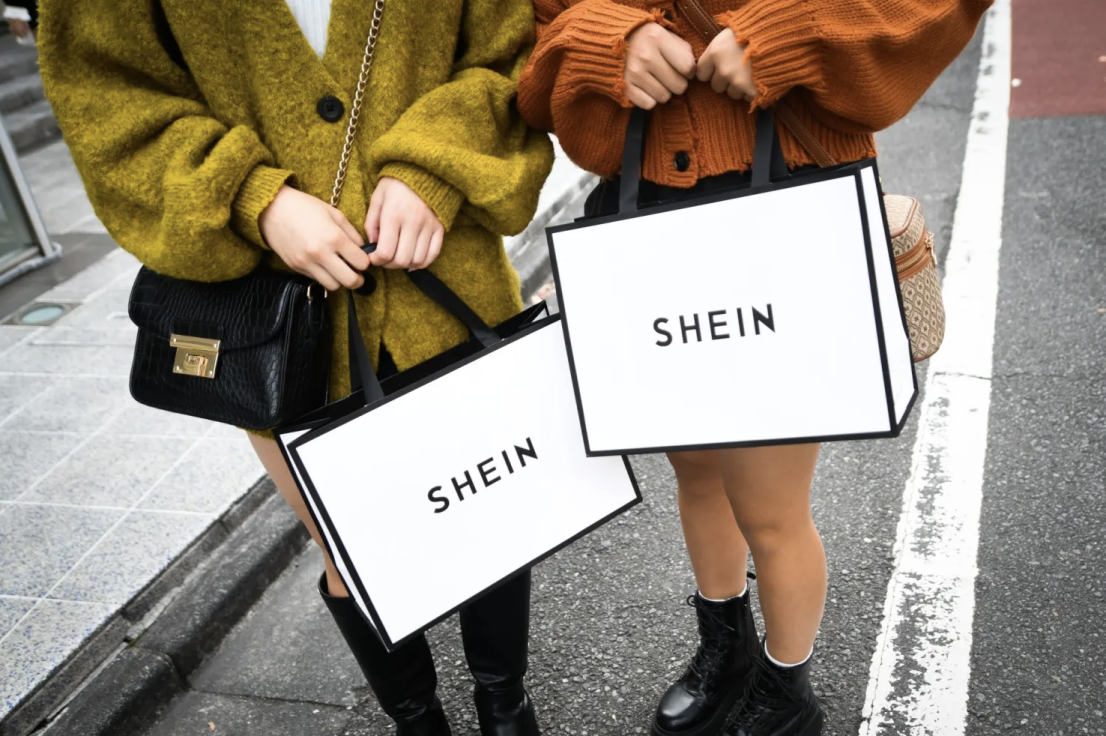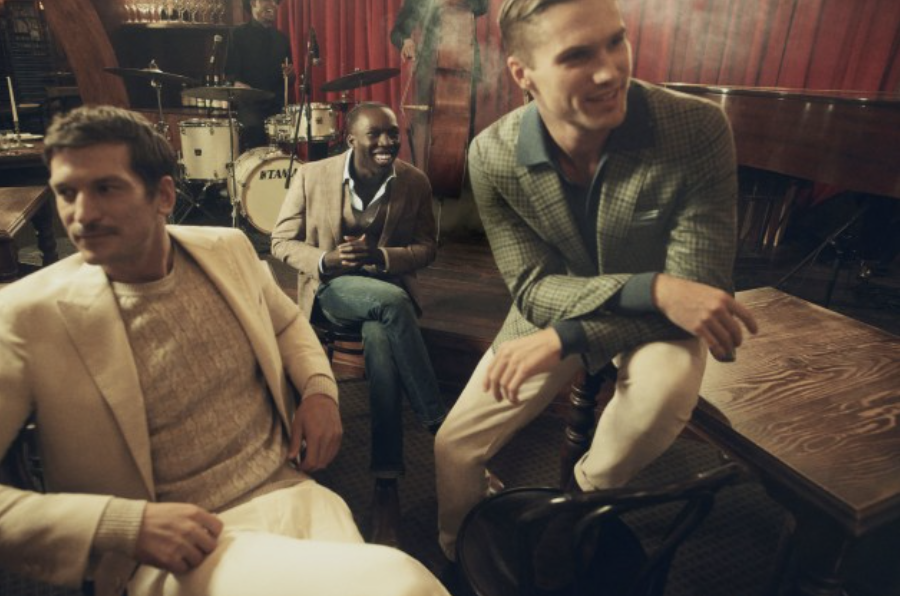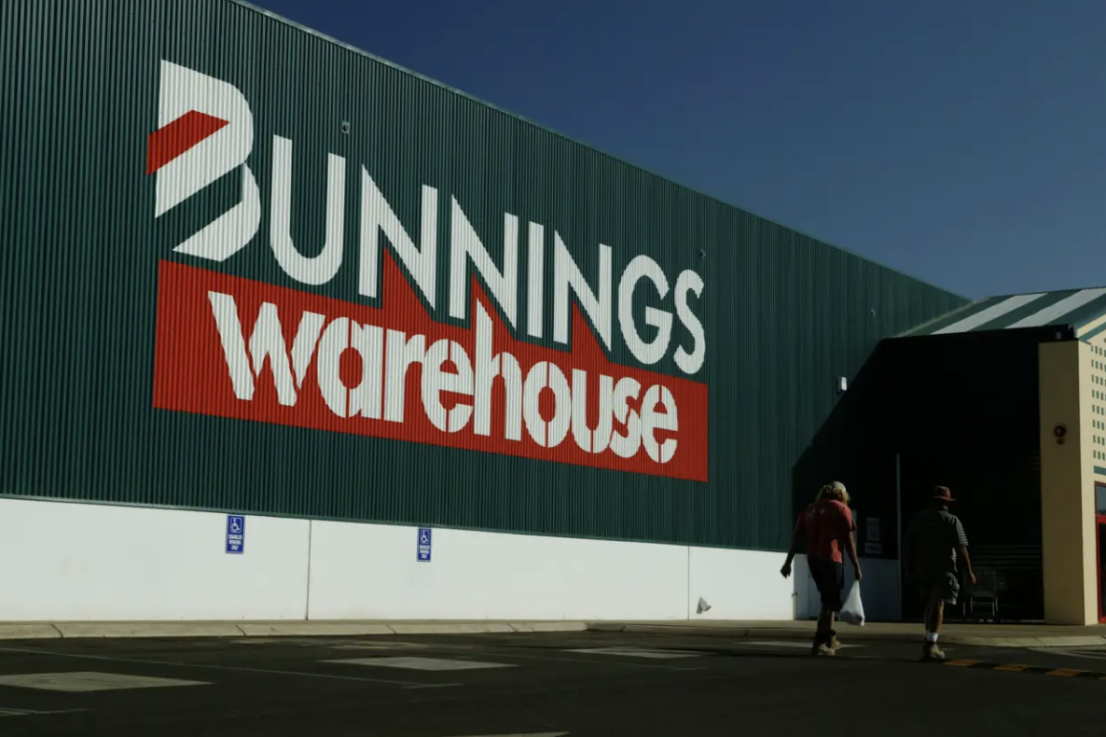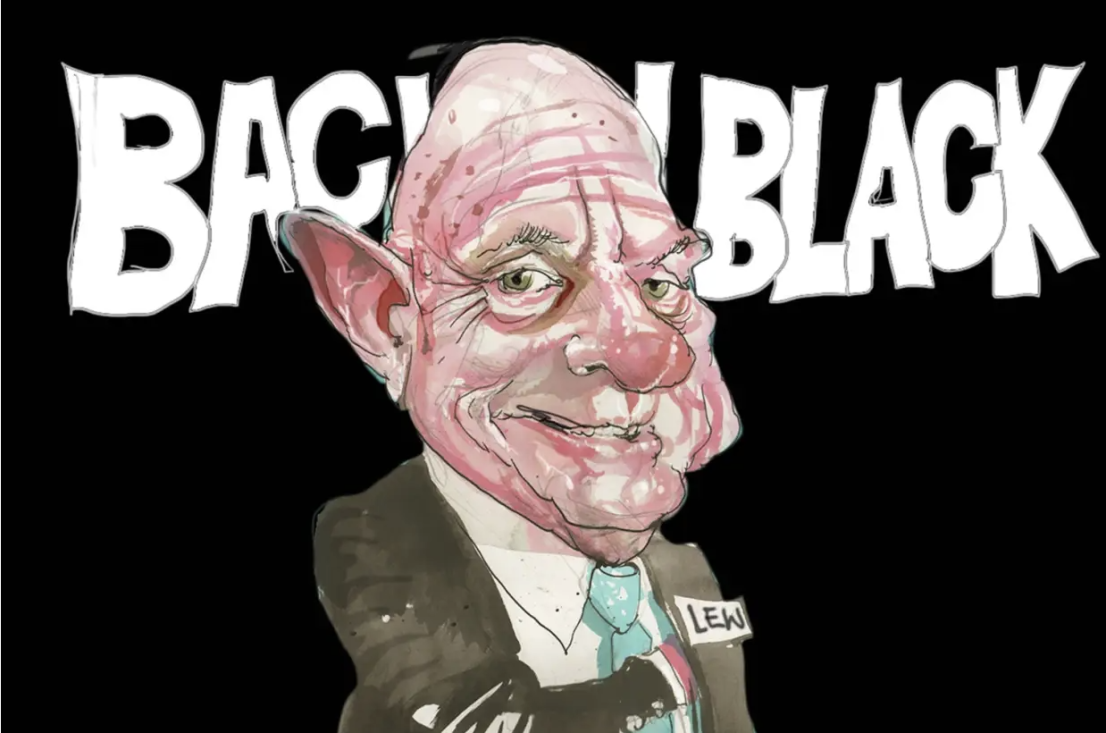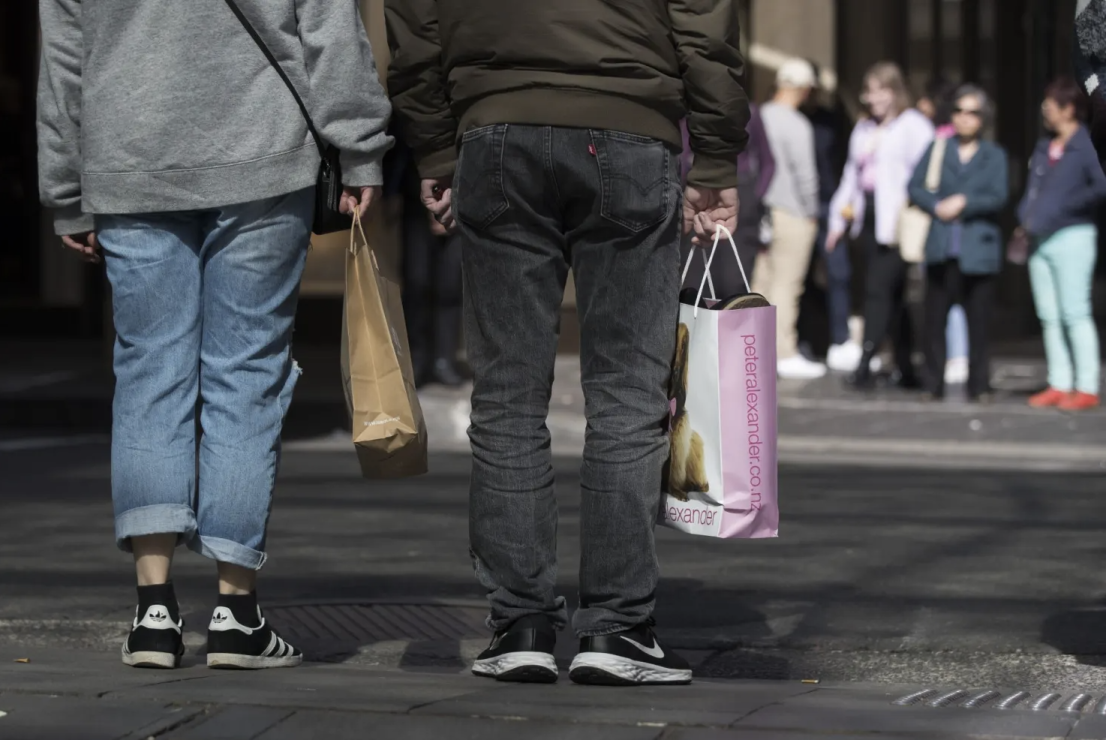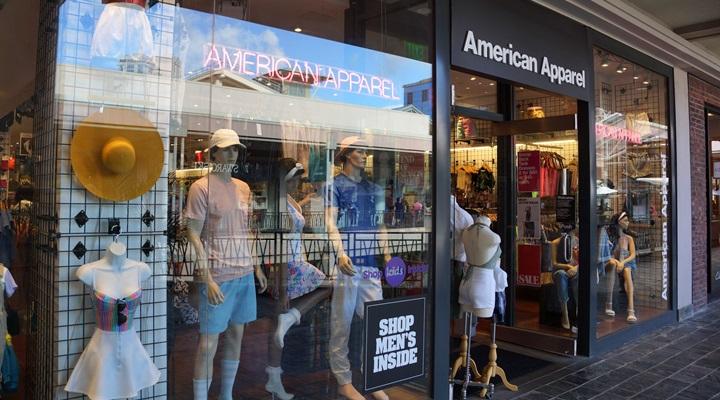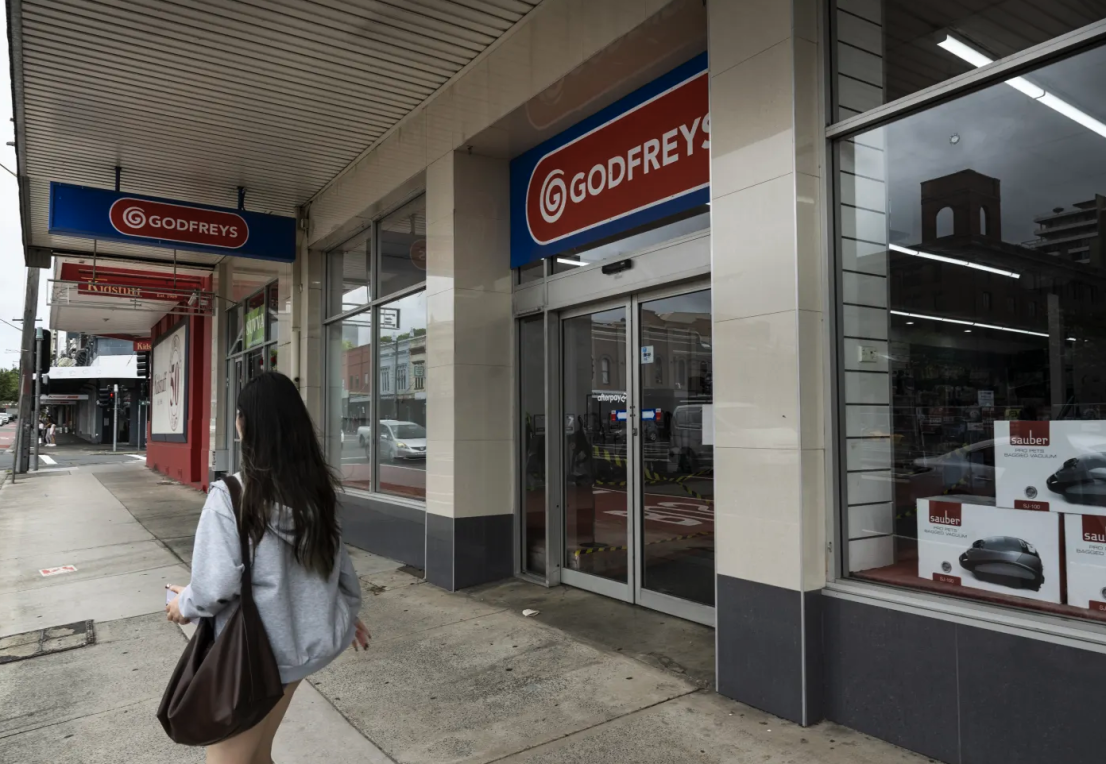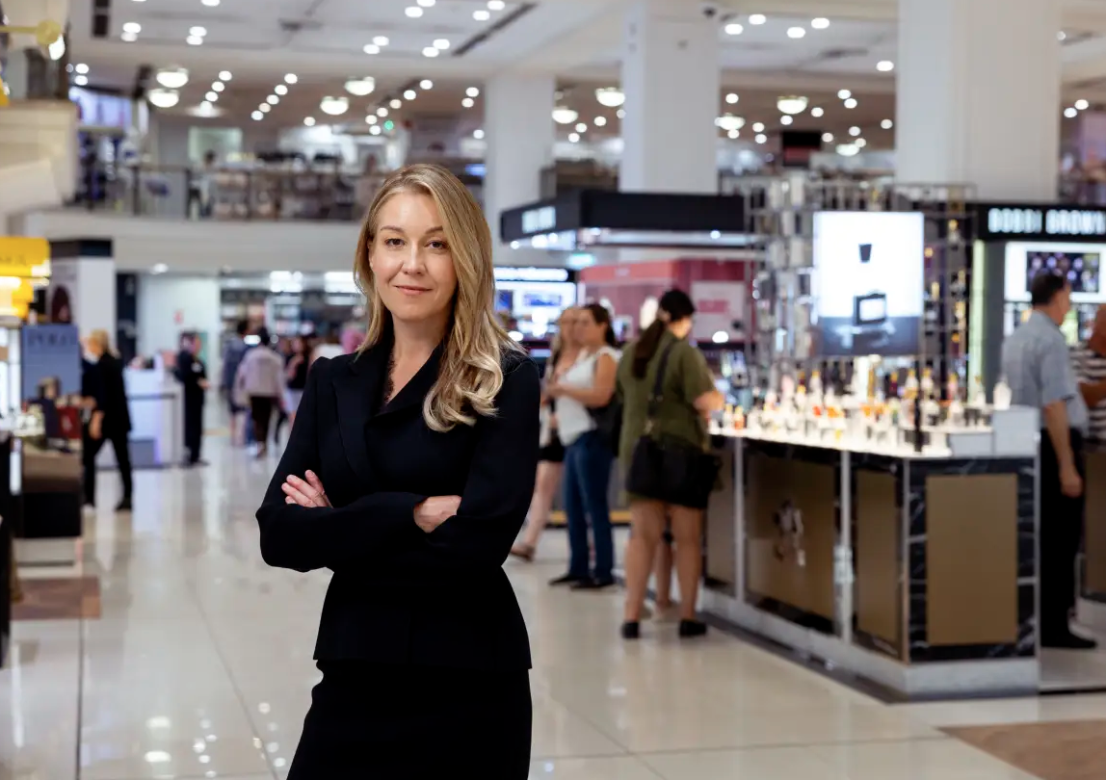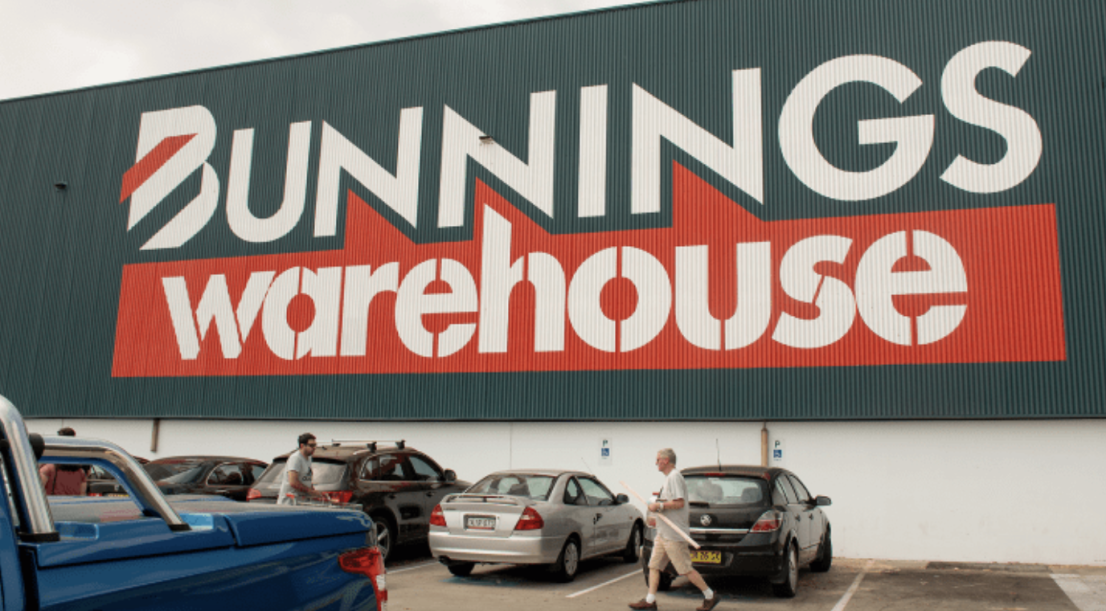
Online-only retailers Amazon, Shein and Temu are disrupting Australian retail to the tune of $8 billion in combined annual sales.
This is according to new data from Roy Morgan, which showed that the trio has driven an overall online spending increase of 12 per cent in the last six months compared to six months earlier.
In the year to March 2024, there was around $60 billion spent online in non-food categories. Despite a flat retail market overall, online spending in the six months to March 2024 was almost $32 billion – up 12 per cent on the six months to September 2023, which was then up $28 billion.
This level of increase was not seen in the offline retail spending figures for these periods.
Speaking on Amazon's surge, Roy Morgan’s retail, social and consumer trends expert Laura Demasi confirmed that the US-born business has doubled its customer base in Australia over the last three years.
“Year-on-year, Amazon sales are up 6 per cent, and in the last six months to March 2024, it also enjoyed exceptional growth of 17 per cent on the previous six months,” Demasi said.
“Currently, 3.4 million Australians shop on Amazon in an average month, helping the online giant reach $5.6 billion in sales in Australia.”
Demasi added that Amazon now commands almost a tenth of all the retail dollars spent online in Australia. The online retailer is now among the top five retailers in the country for non-food categories - not far behind Kmart, Bunnings and Big W. Its biggest categories are books and electrical.
The cost-of-living crisis has also created the “perfect storm” for the significant rise of ultra-cheap Chinese players Shein and Temu. According to Roy Morgan data, both have two million Australian shoppers each month.
“Temu particularly has caught everybody by surprise coming literally out of nowhere to win 1.4 million Shoppers in an average month, putting it on track to earn $1.4 billion in sales,” Demasi said. “Incredibly, Temu now has as many or more customers as some of our biggest national retailers.”
Research shows that much of Shein and Temu’s success in Australia is the result of massive media investment and social media marketing. Demasi said this has driven unparalleled levels of brand awareness.
“Temu is reported to have spent $3-$4 billion on marketing in 2023 globally,” Demasi said. “As a result, now 91 per cent of online shoppers are aware of Temu and 70 per cent of Shein, motivating huge numbers of people to trial them.”
Women's clothing is by far the biggest category for both Shein and Temu, according to Demasi, with more than half a million people buying on Temu each month and more than 700,000 on Shein. Young families make up nearly a third of Shein shoppers, with large households making up less than a quarter. Large households also make up 22 per cent of Temu shoppers, while older households are the largest cohort for Temu at 23.5 per cent.
Demasi said both pureplay retailers pose a direct threat to established retail brands, and not just discount stores, with research showing that shoppers, on average, are twice as more likely to shop on Shein and Temu compared to local retailers such as The Reject Shop, Best & Less, David Jones and Mecca.
For Mecca in particular, the average Australian choosing to shop on Shein is 261 per cent more likely to do so.



